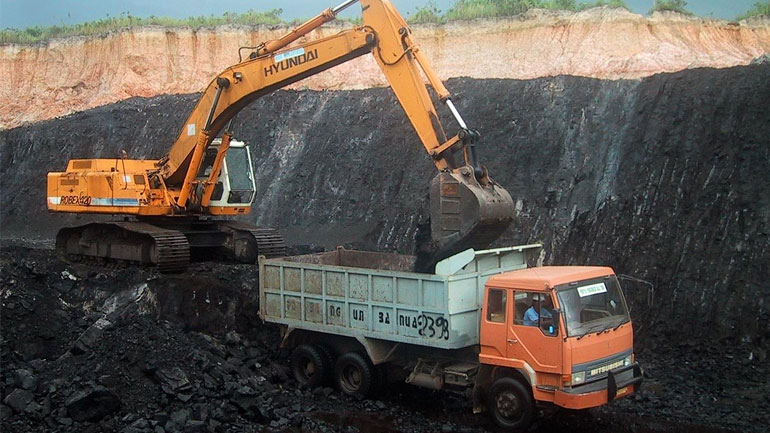Colombia is evaluating the feasibility of shipping coal via its Caribbean ports now that land routes are closed off due to an ongoing border closure with Venezuela.
While Venezuela has expanded border closings over contraband issues over the past week, it has not suspended trade with Colombia.
Currently 200,000 tons of coal are being held in Colombia, awaiting shipment to the neighboring country.
Over the weekend the Transportation Minister, Natalia Abello Vives, met with representatives from the nation’s coal unions, and executives of the Caribbean ports of Barranquilla and Santa Marta to discuss the possibility of shipping coal from Norte de Santander via ports on the Caribbean coast, according to a press release from the Transportation Ministry.
The coal would be shipped via the river port in Gamarra, in the northeast province of Cesar to ports along the Caribbean.
“We are building the supply chain solutions to export coal to the Atlantic Coast. In today’s meeting in Barranquilla it became clear that the ports city of this city and those of Santa Marta and have sufficient capacity to serve this market and to export coal from Norte de Santander,” Vives said.
The minister added that this contingency would become an opportunity to grow traffic by Caribbean ports to the outside, with a figure close to 6,600 tons per day.
Cormagdelena, the state run corporation in charge of maintaining the Magdalena river, instructed Navela SAS to conclude its dredging project to guarantee the passage of cargo from Gamarra.
By Tuesday September first, Navela will remove 600,000 cubic meters of earth from the Magdelena, representing about 12 meters deep, ensuring the passage of cargo vessels.
Even before the border closures coal producers in Norte de Santander were experiencing problems shipping overland to Venezuela.
The Venezuelan government implemented new policies, increasing fees attributed to the transportation of coal through its borders. Earlier this summer the coal transporters union halted transportation for five weeks in protest, asking the coal producers to assume the added cost. As a result 100,000 tons of coal to remained impounded.


